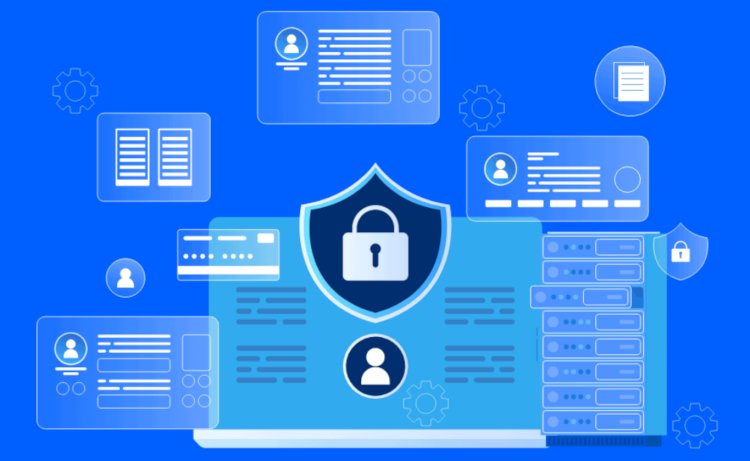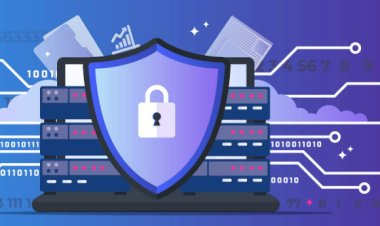B2B Data Security: Safeguarding Sensitive Information

In today's digital landscape, B2B data security is more crucial than ever. Businesses are increasingly relying on digital transactions and data exchanges to operate efficiently. However, this shift also exposes sensitive information to potential cyber threats. Ensuring robust data security measures is essential for maintaining trust and compliance with regulatory standards.
First and foremost, businesses should implement strong encryption protocols for data both in transit and at rest. Encryption ensures that even if data is intercepted, it remains unreadable without the appropriate decryption key. Regularly updating these encryption methods to the latest standards is also vital to counter evolving cyber threats.
Access control is another critical aspect of B2B data security. Only authorized personnel should have access to sensitive data. This can be achieved through multi-factor authentication (MFA) and role-based access control (RBAC). MFA adds an extra layer of security by requiring multiple forms of verification, while RBAC limits access based on the user's role within the organization.
Regular security audits and vulnerability assessments are necessary to identify and address potential weaknesses in the system. These audits help in discovering outdated software, misconfigurations, and other vulnerabilities that could be exploited by attackers. By proactively addressing these issues, businesses can significantly reduce the risk of data breaches.
Additionally, businesses should have a comprehensive incident response plan in place. This plan should outline the steps to be taken in the event of a data breach, including notifying affected parties, containing the breach, and mitigating damage. A well-prepared response can minimize the impact of a breach and facilitate a quicker recovery.
Training employees on data security best practices is equally important. Human error is often a significant factor in data breaches, so educating staff about recognizing phishing attempts, using strong passwords, and following security protocols can greatly enhance overall data security.
In conclusion, B2B data security requires a multi-faceted approach that includes encryption, access control, regular audits, incident response planning, and employee training. By implementing these measures, businesses can protect their sensitive information, maintain trust with their partners, and comply with regulatory requirements.




















